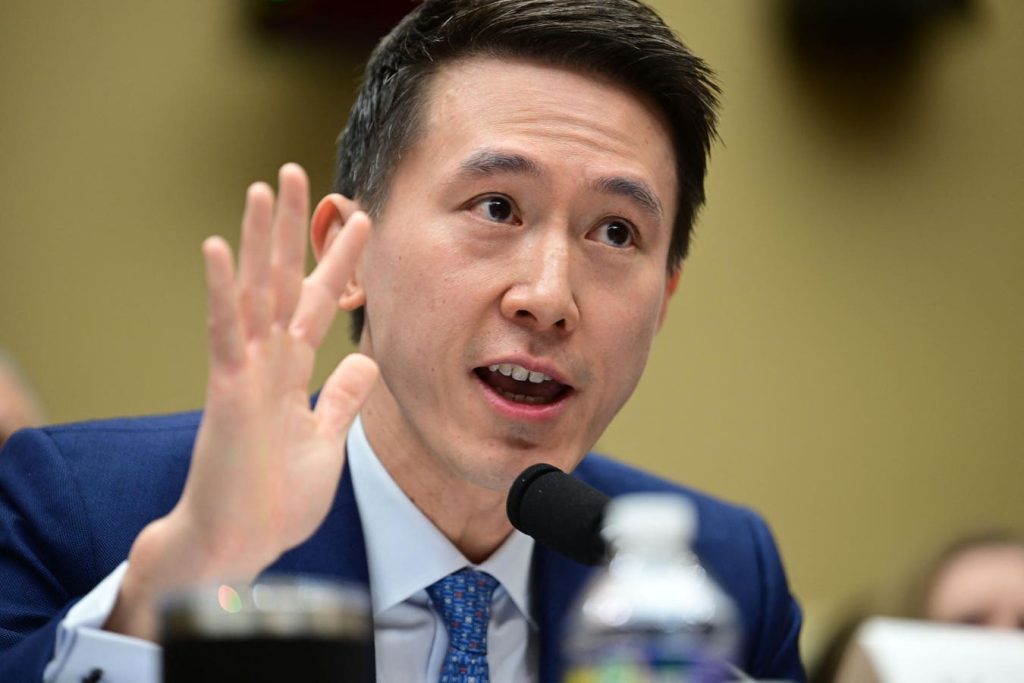Yesterday, TikTok and ByteDance filed a lawsuit against the federal government challenging the constitutionality of the Protecting Americans From Foreign Adversary Controlled Apps Act, also known as the TikTok Ban Bill. The bill requires ByteDance to sell TikTok’s U.S. operations by January 19, 2025, or face a ban of the app in the United States. The complaint includes new details about the companies’ unsuccessful negotiations with the Committee on Foreign Investment in the United States and their investment of over $2 billion in Project Texas.
TikTok and ByteDance accuse the government of abruptly ending negotiations between August 2022 and March 2023, leading to a lack of explanation and substantive responses from CFIUS. During this time, Forbes revealed ByteDance’s plan to surveil reporters, resulting in the firing of four employees. The companies also highlight that ByteDance’s founder, Zhang Yiming, is living in Singapore, not China. Furthermore, they admit the tight integration of TikTok with the rest of ByteDance’s systems, making separation impossible.
The lawsuit points out that the Chinese government would prohibit ByteDance from selling its recommendations algorithm, emphasizing their lack of control over certain aspects of the company. Additionally, TikTok and ByteDance argue that the TikTok Ban Bill is unconstitutional and could be considered a form of punishment by legislation. They question the fairness of certain exemptions in the law, such as those for review sites, and highlight potential contradictions in the legislation that may favor certain types of speech over others.
Both TikTok/ByteDance and the government have been gathering evidence for this legal battle, with each side preparing to argue their case. The First Amendment and questions about the necessity and effectiveness of the ban bill will likely be central to the arguments presented in court. While TikTok and ByteDance claim that alternative solutions could have been pursued, the government has spent years examining the companies and engaging in negotiations before passing the legislation. Ultimately, the lawsuit raises significant questions about the legality and implications of the TikTok Ban Bill, setting the stage for a contentious legal battle between the parties.


